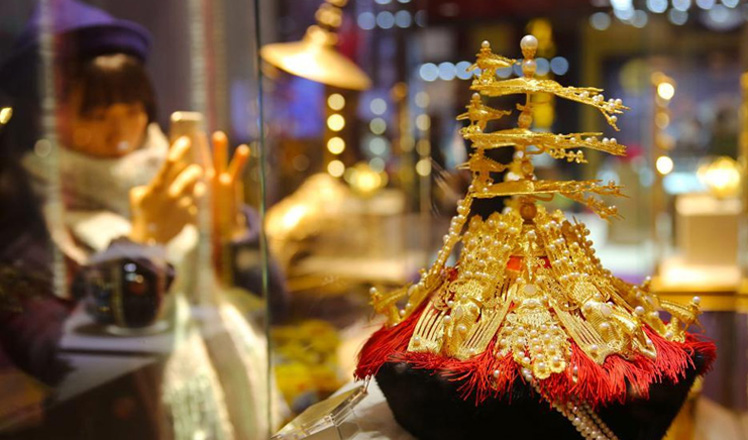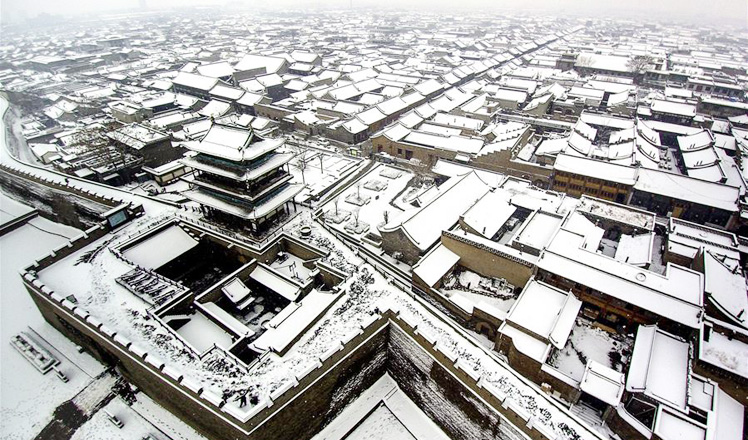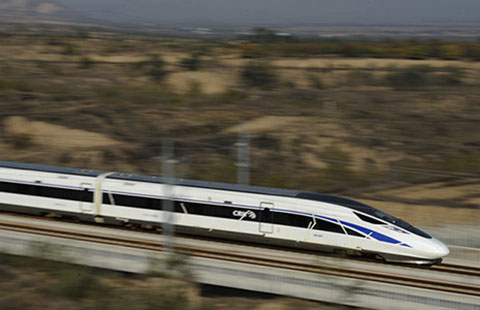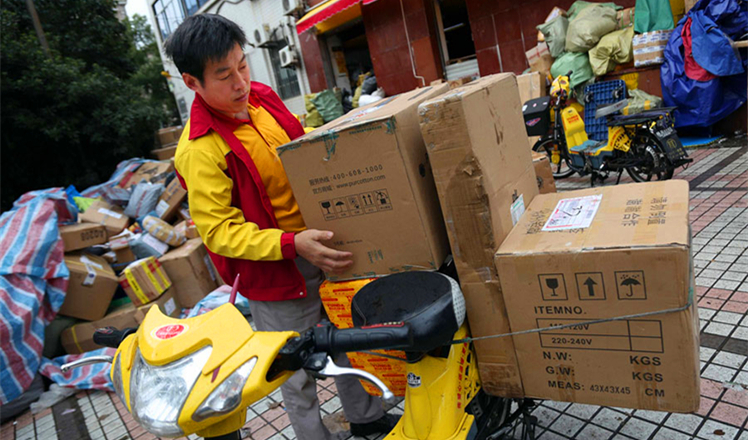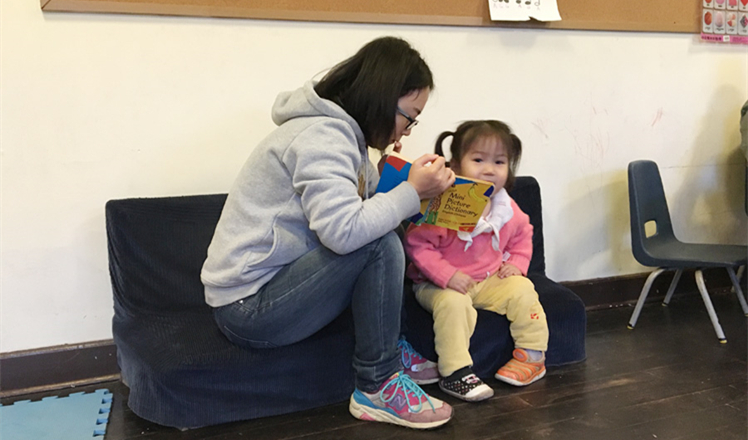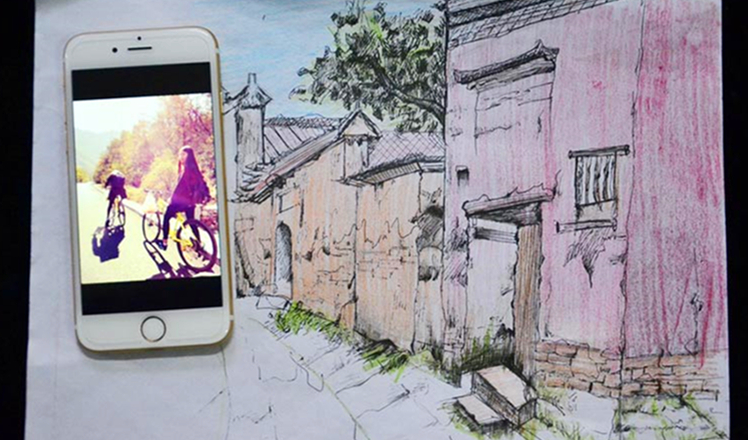Washington-based think tanks going Chinese
Updated: 2015-11-27 12:00
By Chen Weihua(China Daily)
|
|||||||||
Operation cost
Brookings' Indyk said of the institution's annual operation cost of $100 million, only 15 percent comes from its endowment, while the remaining 85 percent has to be raised.
"We are involved in a big fund-raising operation. It never stops," he said. Like most think tanks, Brookings' fund-raising comes from four sources: individuals, corporations, foundations and governments.
Indyk said Brookings does not take money from the US government for research, except for conferences. He emphasized that when Brookings takes money from governments, it makes very clear to them that Brookings decides what it will research, who will do the research and what the funding will be, adding that foreign governments are very respectful of Brookings' independence.
While not ruling it out in the future, Indyk said Brookings has not taken money from the Chinese government. He speculated that it might be the Chinese government which does not want to be associated with independent research they might not agree with.
Indyk said Brookings has many relationships with Chinese think tanks, mostly in holding conferences but not joint research.
In April 2013, President Xi made the development of think tanks a national strategic priority and called for the building of "new think tanks with Chinese characteristics."
That has prompted many Chinese think tanks to seek help and cooperation from overseas partners, especially in the US and Europe.
In October, as many as 15 scholars from Brookings's foreign-policy program, including experts on the Middle East, were in China. "They think it's a result of China's great engagement with the world," Indyk said.
Indyk, along with his China scholars Kenneth Lieberthal and Cheng Li, was in Beijing in April 2014 for a US-China think tank summit, offering their advice to Chinese counterparts.
Paal of CEIP indicated that he has been approached by 44 new think tanks in China this year, looking for advice from how to run a think tank and raise money, to hiring people and publishing.
"I understand, but I cannot brief every think tank. That's too much time," he said.
Paal's advice is that if you want credibility as a think tank, you have to attend to basic things such as independence.
Daly of the Kissinger Institute said that the level of talent in Chinese think tanks is as high as anywhere in the world. But he frowned at the concept that these think tanks should be part of China's soft power strategy. "They will not have any credibility unless they are seen as critical thinking and truly independent analysts in international terms," he said.
Cheng Li, director of the John L. Thornton China Center at Brookings, noted that many of the Chinese visiting scholars Brookings hosted over the years are playing a big role back in China.
He believes that independence would be too high a standard set for Chinese think tanks now. While Brookings is obsessed with independence, not every US think tank is independent and some actually serve one particular party or interest group.
China and Asian scholars at the Heritage Foundation and American Enterprise Institute, widely regarded on the far conservative side, did not respond to China Daily's request for interviews.
In Li's view, diversity is what Chinese think tanks should pursue. "Only when there is diversity, will there be different voices. When government decision-makers hear these different voices, they can make choices," he said.
But Li believes there could be higher standards when there is a more open environment in the future. He has spearheaded the Thornton Center Chinese Thinkers Series, a set of publications that introduce Chinese thinkers to English language readers.
Li, widely regarded as the most prominent Chinese-American in US think tanks, said China will become a think tank eventually. "Sooner or later China will have its own Brookings or CEIP, but it's going to take time and it won't happen immediately," he said, adding that the Brookings-Tsinghua Center has a special role to play there.
Contact the writer at chenweihua@chinadailyusa.com
- Britain's Cameron says time to bomb militants in Syria
- Russia accept full suspension from athletics
- Turkish and Russian FMs to meet in Belgrade
- S.Korea, DPRK agree to hold vice ministers' meeting for improved ties
- Avoiding escalation over Russian warplane downing
- Rights panel presses US over scientists' cases
Most Viewed
Editor's Picks

|

|

|

|

|

|
Today's Top News
Chinese president arrives in Turkey for G20 summit
Islamic State claims responsibility for Paris attacks
Obama, Netanyahu at White House seek to mend US-Israel ties
China, not Canada, is top US trade partner
Tu first Chinese to win Nobel Prize in Medicine
Huntsman says Sino-US relationship needs common goals
Xi pledges $2 billion to help developing countries
Young people from US look forward to Xi's state visit: Survey
US Weekly

|

|
